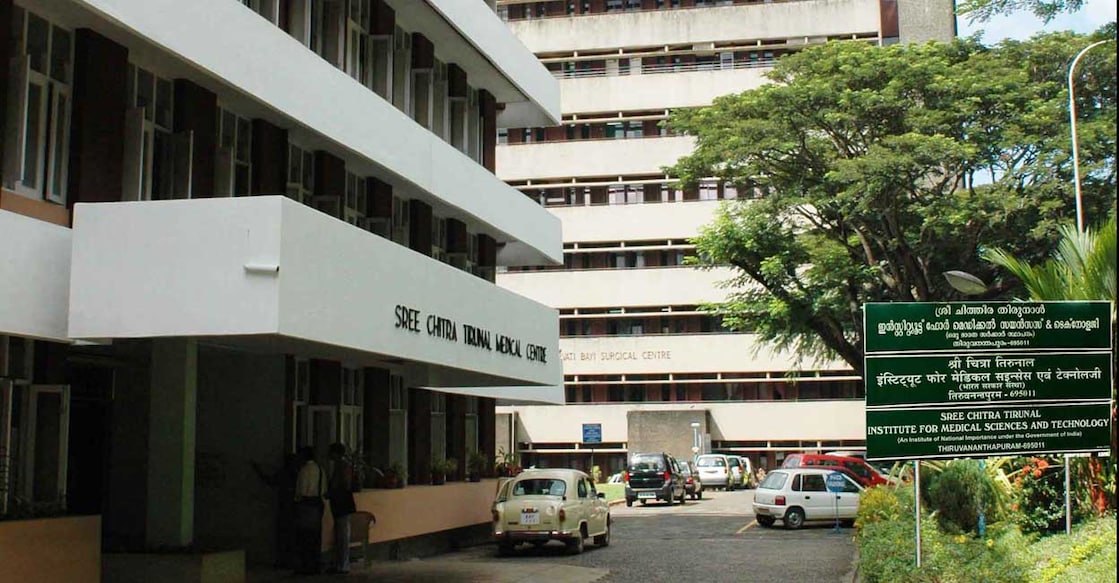Sree Chitra researchers develop technology to detect circulating tumour cells that aggravate cancer

Mail This Article
New Delhi: The researchers at the Sree Chitra Tirunal Institute for Medical Sciences and Technology in Thiruvananthapuram have come with a technology for the detection of metastasis, wherein cancer cells travel through the blood and form new tumours.
The researchers have found that the presence of circulating tumour cells (CTC) in the blood sample can be detected by using a special testing kit. The CTC aggravates cancer and causes cancer recurrence in those who have recovered from the illness.
Dr R S Jayasree of Sree Chitra said that the biggest gain is that the possibility of metastasis can be detected at the first stage of cancer itself and treatment ensured.
[Metastasis denotes the breaking away of cancer cells from where they first formed (primary cancer), their travel through the blood or lymph system, and thus forming new tumours (metastatic tumours) in other parts of the body.]
Under the supervision of Dr Jayashree, K Jibin and V Ramesh Babu are carrying out the research.
The findings were published in the journal ACS Sustainable Chemistry and Engineering. The Sree Chitra team has sought financial assistance of the Indian Council of Medical Research (ICMR) for clinical trial using this technology.
The method
Normally, in 10mm blood, the presence of CTC will be less than 5. This low number poses a challenge to carry out testing. To overcome this, gold-graphene nanotag, attached with the antibody against CTC, will be used. This and the blood sample can be separated in a chamber with a special filter. With this, CTC can be isolated from all the other components in the blood. A microscopic examination of the part, comprising filter and graphene, can detect the presence of the CTC.
The benefits
The 'cell sense' method is used in the US for the early detection of the vulnerability to metastatic cancer. The complex methods needed for even this can be avoided through the latest finding. Also, there would be no need for collecting tissues through surgery and carrying out testing. Instead, liquid biopsy, that detects illness from the blood sample, will be followed.

